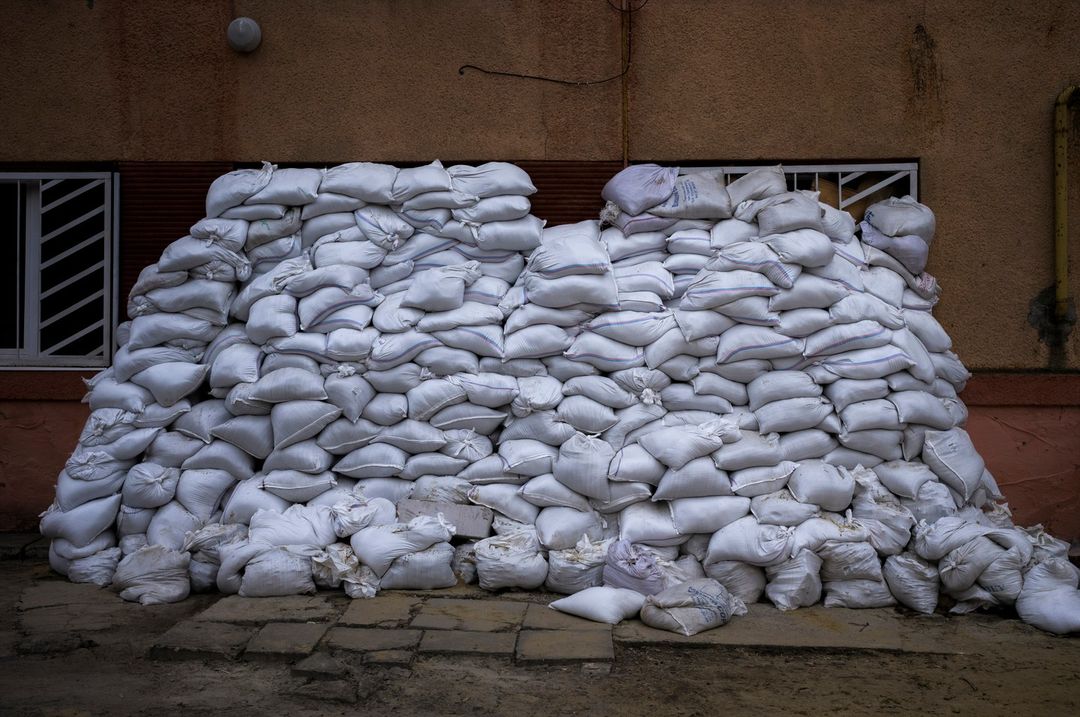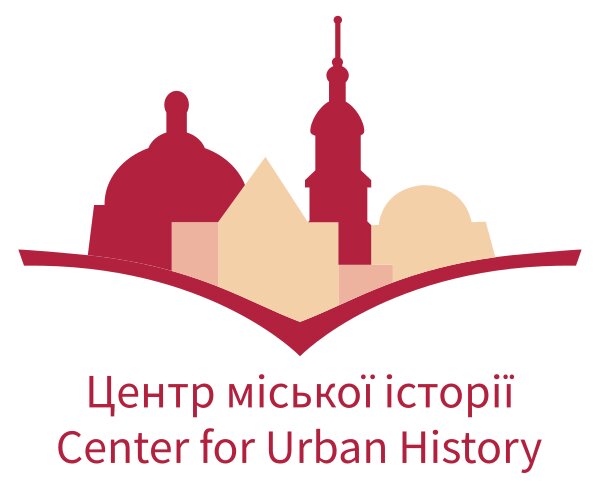Journalism at War: What Kind of War Report Can(not) Be?
Ivo Mijnssen / Dominic Nahr
Neue Zürcher Zeitung24.5.2023, 13:00-17:00
Conference room of Center for Urban History
One can work in journalism after graduating from the faculties and departments of sociology, cultural studies, philosophy, classical philology, history, gender studies, law, or economics. Does academic background affect journalists' work? Is it important for a war reporter to understand the broader historical context? What should be written about during the war, if not the course of hostilities and international technical aid?
We will discuss this at the workshop with Ivo Mijnssen, a journalist from the Swiss publication NZZ, and Dominic Nahr, a photojournalist. Besides, the following issues will also be discussed: where the line between objectivity and those people one is writing about, especially in the context of the war in Ukraine; how to remain critical and not play along with Russian propaganda; the ethical challenges of working as a foreign correspondent in Ukraine; how the Swiss audience perceives reports from here; and the ethics of the photography during crises and wars in various places of the world.
Daria Badior, a critic, editor, and film curator, will moderate the meetings.
- Working language: English
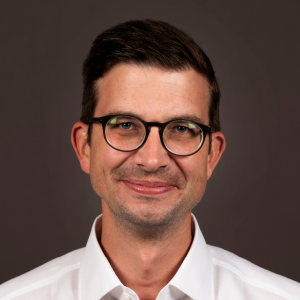
Ivo Mijnssen
Neue Zürcher ZeitungJournalist at the Swiss newspaper Neue Zürcher Zeitung and the author of numerous reports from Ukrainian cities with different war experiences. Ivo’s work is based on a broad framework of academic research, as in 2015, he defended his dissertation on Soviet hero cities. His works include a large report about the different dimensions of the Dnipro River (Das Schicksal der Ukraine hängt am Fluss Dnipro); a report from a hidden center for tank repair (In a secret workshop in southern Ukraine, tank repairmen are bringing damaged military equipment back to life); a piece about the situation in Melitopol (Partisans, HIMARS and an impending Ukrainian offensive: The situation in the «terror capital of ‹New Russia› is tense) and a piece about Mariupol under occupation («City of Ghosts» A Russian Mariupol is rising from the ruins).
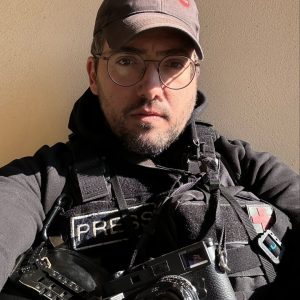
Dominic Nahr
Neue Zürcher ZeitungPhotojournalist with the Neue Zürcher Zeitung and a photographer with 15 years of experience covering crises and wars in Somalia, Haiti, Afghanistan, and the Gaza Strip. Dominic covered the events in Fukushima after the nuclear disaster and in Cairo during the Arab Spring. In Ukraine, he photographs for NZZ journalists and also makes his own photo stories about war and people affected by it in different ways. This year, he was awarded second place at the prestigious Swiss Press Photo Awards for his reports.
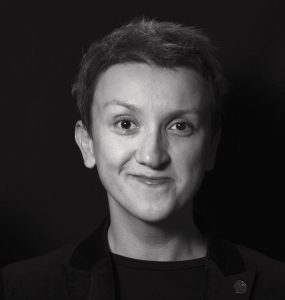
Daria Badior
Freelance critic, editor, and journalist. She was a journalist and editor of the “Culture” section at LB.ua online media outlet. She wrote for LB.ua, Liga.net, Korydor, Osteuropa, Hyperallergic, and other publications at different times. She is the editor of a series of texts about 1941, created in collaboration with the Center for Urban History, and co-curator of the project “Unwinding Empire,” which is focused on deepening the knowledge of international media audiences about Ukrainian culture, history, and social transformations. She is a co-founder of the Union of Ukrainian Film Critics of Ukraine and the Culture Agents Coalition.
Organizers:
The Center for Urban History organizes the meeting in cooperation with the School of Journalism and Communications of the Ukrainian Catholic University.
Credits
Cover image: Sandbags protect the windows of a school which is being converted into a refugee shelter in Lviv, Ukraine. March 2022 / Dominic Nahr, NZZ
